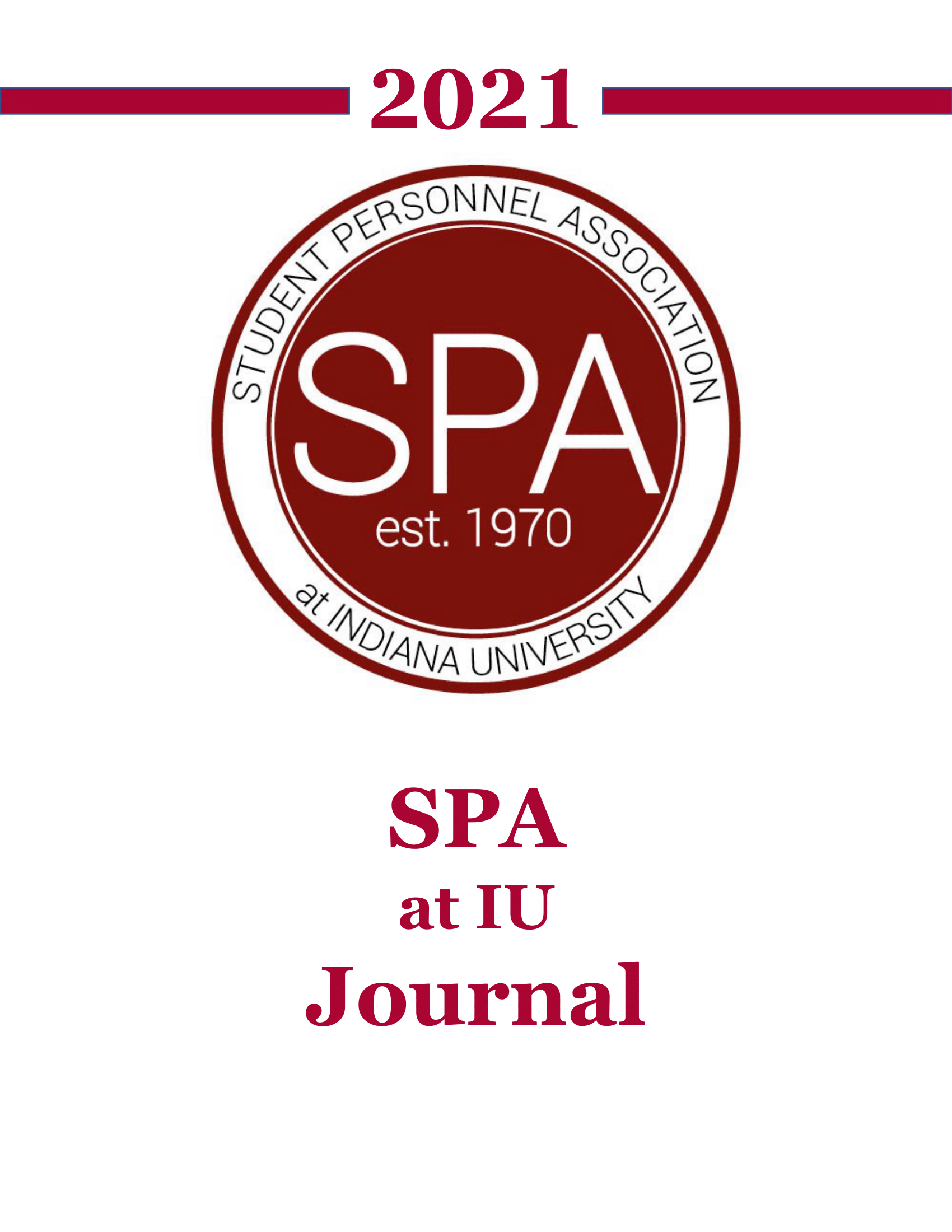Former Foster Youth Application of College Transition Theory
Main Article Content
Abstract
Past research on the process of transitioning to college has focused on the factors that contribute to a students ability to cope with transition (Goodman, Schlossberg, and Anderson; 2006). However, this past research does not take into account the unique challenges faced by students who have transitioned out of the foster care system. Former foster youth (FFY) have experienced large disruptions in their adolescence that can sometimes include a break in familial relationships, changing schools, and even a loss of independence and freedom when being thrust into government care (Courtney, Teraro, & Bost, 2004; National Conference of State Legislators, 2019; Wolanin, 2015). This paper proposes an application of college transition theory through the lens of the experience of former foster youth. Based on extensive literature review of FFY’s mental health challenges, preparedness for higher education, and relational support, this paper uses the four factors of Schlossberg’s Transition Theory as a theoretical framework to view the college transition process for FFY, while posing a fifth factor that is unique to this student population.
Downloads
Article Details
Authors who publish with the Journal of the Indiana University Student Personnel Association (hereinafter “the Journal”) agree to the following terms:
By submitting to the Journal, the author grants to the Journal the non-exclusive right to reproduce, translate (as defined below), and/or distribute your submission worldwide in print and electronic format and in any medium, including but not limited to audio or video.
The author agrees that the Journal may, without changing the content, translate the submission to any medium or format for the purpose of preservation.
The author agrees that the Journal may keep more than one copy of this submission for purposes of security, back-up and preservation.
The author represents that the submission is his/her original work, and that s/he has the right to grant the rights contained in this agreement. The author also represents that his/her submission does not, to the best of his/her knowledge, infringe upon anyone's copyright.
Authors are able to enter into separate, additional contractual arrangements for the non-exclusive distribution of the journal's published version of the work (e.g., post it to an institutional repository or publish it in a book), with an acknowledgment of its initial publication in this journal.
